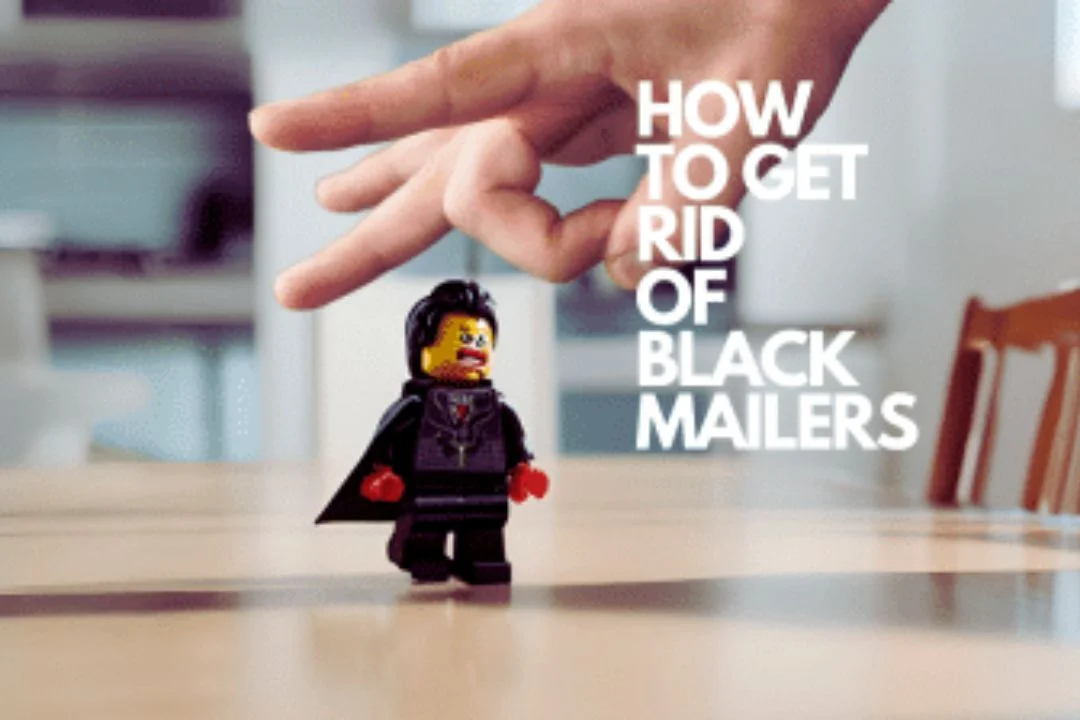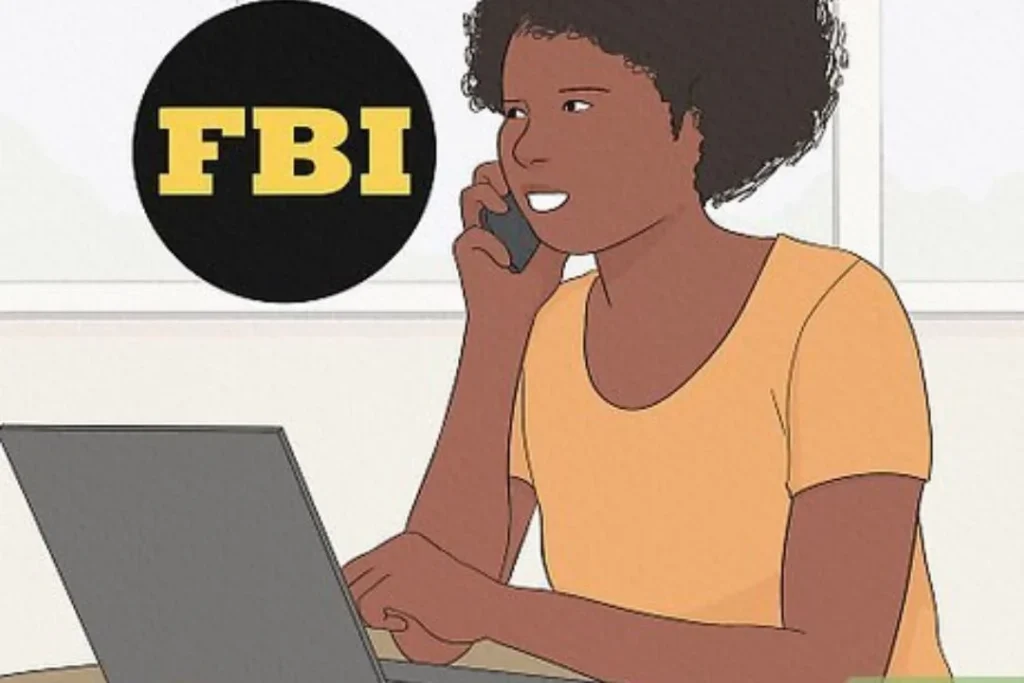
Table of Contents
How to Get Rid of Blackmailers: A Complete Guide to Taking Back Control

So, someone is threatening you. They have dirt—real or fake—and they’re trying to use it to control or extort you. That’s blackmail, and it’s terrifying. But here’s the good news: you’re not alone, and there is a way out. Whether it’s online sextortion or a personal vendetta, you can fight back—and win. This guide walks you through exactly how to do that, step-by-step.
Understanding Blackmail
Definition of Blackmail
Blackmail is when someone threatens to reveal something damaging or embarrassing unless you meet their demands—usually money, favors, or silence. It’s a crime, and it’s meant to scare you into submission.
Common Forms of Blackmail (Online & Offline)
Blackmail can come in many forms:
- Sextortion (nude photos or videos)
- Financial extortion
- Revenge from a former partner
- Threats involving secrets or past mistakes
Psychological Tactics Used by Blackmailers
Blackmailers thrive on fear. They use urgency, isolation, and shame to control you. They’ll say things like, “If you tell anyone, I’ll post this everywhere.” The more scared you are, the more power they have.
Spotting a Blackmailer
Warning Signs You’re Being Blackmailed
It often starts subtly:
- An unexpected threat after sharing private content
- Sudden demands with consequences
- Someone “reminding” you of what they know about you
How Blackmailers Manipulate Their Victims
They’ll pretend to be friends, lovers, or even authority figures. They may guilt you or make you feel like it’s your fault. Don’t fall for it.
First Steps When You’re Being Blackmailed
Stay Calm and Don’t Panic
It’s easy to freak out, but panic leads to poor decisions. Breathe. You are not powerless.
Do NOT Engage or Pay
Paying a blackmailer is like feeding a stray cat—it won’t go away. It only proves you’ll give them what they want.
Collect and Document Evidence
Save every message, screenshot conversations, and note down times and details. This evidence will be gold if you report the crime.
Legal Options
Contacting Law Enforcement
Police or cybercrime units can guide you. In many countries, blackmail is a serious criminal offense. Don’t hesitate to report it.
Laws Against Blackmail in Various Countries
While laws vary, most nations treat blackmail as a felony. Some also offer victim protection or anonymity during court proceedings.
Filing a Police Report or Complaint
Make your complaint formal. Include all evidence. In some places, online portals are available for cyber-related crimes.
Online Blackmail (Sextortion, Data Theft, etc.)
How Online Blackmail Typically Starts
It often begins with chatting, flirting, or fake job offers. Once they have content or info, the threats begin.
Steps to Take for Online Blackmail
- Cut off contact immediately.
- Secure your devices and accounts.
- Report the user/profile to the platform.
- Contact police or a cybercrime agency.
Reporting on Social Media or Platforms
Most social platforms have abuse reporting features. Use them to flag blackmailers. You can also email platform support directly.
Protecting Your Digital Life
Changing Passwords and Securing Accounts
Change your passwords now. Use unique ones for every account.
Using Two-Factor Authentication
2FA adds a layer of security. Even if someone gets your password, they still need a code from your device.
Scanning for Malware and Spyware
Blackmailers may use spyware to access your device. Use trusted antivirus software to scan and remove any threats.
Getting Professional Help
When to Hire a Cybercrime Expert
If the blackmailer seems tech-savvy or if they’ve accessed your private files, get a professional involved.
Legal Advisors and Digital Forensics
Lawyers can help you understand your rights. Forensics experts can trace the blackmailer or recover deleted files.
Emotional and Mental Health Support
This ordeal can drain you mentally. Don’t hesitate to seek therapy. Talking helps.
Preventing Future Blackmail
Avoid Sharing Sensitive Content
Even if you trust someone, don’t send anything that could be used against you. Once it’s online, it’s out of your hands.
Red Flags in Relationships or Interactions
Watch for people who ask for private info too soon or act possessive. These are often warning signs.
Educate Yourself and Your Family
Teach your kids and loved ones about online safety. Awareness is your best defense.
Real Stories of Overcoming Blackmail
Survivor Story #1
Jessica, 29, was targeted on a dating app. “I was terrified,” she recalls. But with help from a cybercrime unit, the blackmailer was caught, and her images never got leaked.
Survivor Story #2
Ali, 17, faced threats from someone pretending to be a talent scout. He reported the profile, talked to his parents, and contacted the police. “Speaking up saved me,” he says.
What to Do If the Blackmailer Goes Public
Managing the Damage
If content is leaked, stay calm. Take screenshots, and start damage control. Focus on facts—not shame.
Legal Retaliation
You can sue blackmailers for damages or defamation. Lawyers can also help you file takedown notices online.
Public Relations Strategies
In extreme cases, a PR professional can help you control the narrative. You have a voice—use it to speak your truth.
Your Rights as a Victim
Understanding Your Rights
You have the right to:
- Privacy
- Legal protection
- Not be blamed for being a victim
How to Enforce Them
Stand firm. Get legal help. Demand justice. Don’t let shame silence you.
Resources and Organizations That Can Help
Nonprofits and Hotlines
Groups like Cyber Civil Rights Initiative and Thorn offer real help, fast.
Cybercrime Reporting Agencies
Report blackmail to:
- FBI Internet Crime Complaint Center (IC3)
- Europol
- Local cybercrime units
Long-Term Recovery
Regaining Confidence
It takes time, but you will heal. Focus on self-care and surround yourself with support.
Rebuilding Trust Online and Offline
Once trust is broken, it’s hard to rebuild—but not impossible. Go slow, and be kind to yourself.
How to Get Rid of Blackmailers

How to Get Rid of Blackmailers Conclusion
Blackmail can feel like a trap with no way out, but that’s far from true. You have the power to fight back, get help, and take control of your life again. The most important step? Start now. Don’t give in. Don’t stay silent. And above all, don’t blame yourself—you are a victim, not a criminal.
How to Get Rid of Blackmailers FAQs
1. What if I’ve already paid the blackmailer?
Stop communication immediately. Gather proof of the transaction and report it to authorities. Do not pay again.
2. Can blackmailers be caught and punished?
Yes, many are traced and prosecuted. Keep all records and involve law enforcement.
3. Should I go public or stay silent?
It depends. If the threat goes public, consider a controlled response with legal or PR help.
4. How can I talk to someone about this?
Hotlines and therapists can help. Even talking to a trusted friend or family member makes a huge difference.
5. Is it possible to erase blackmail content from the internet?
Yes, with legal takedown notices and help from digital experts, much of it can be removed or hidden.















Leave a Reply